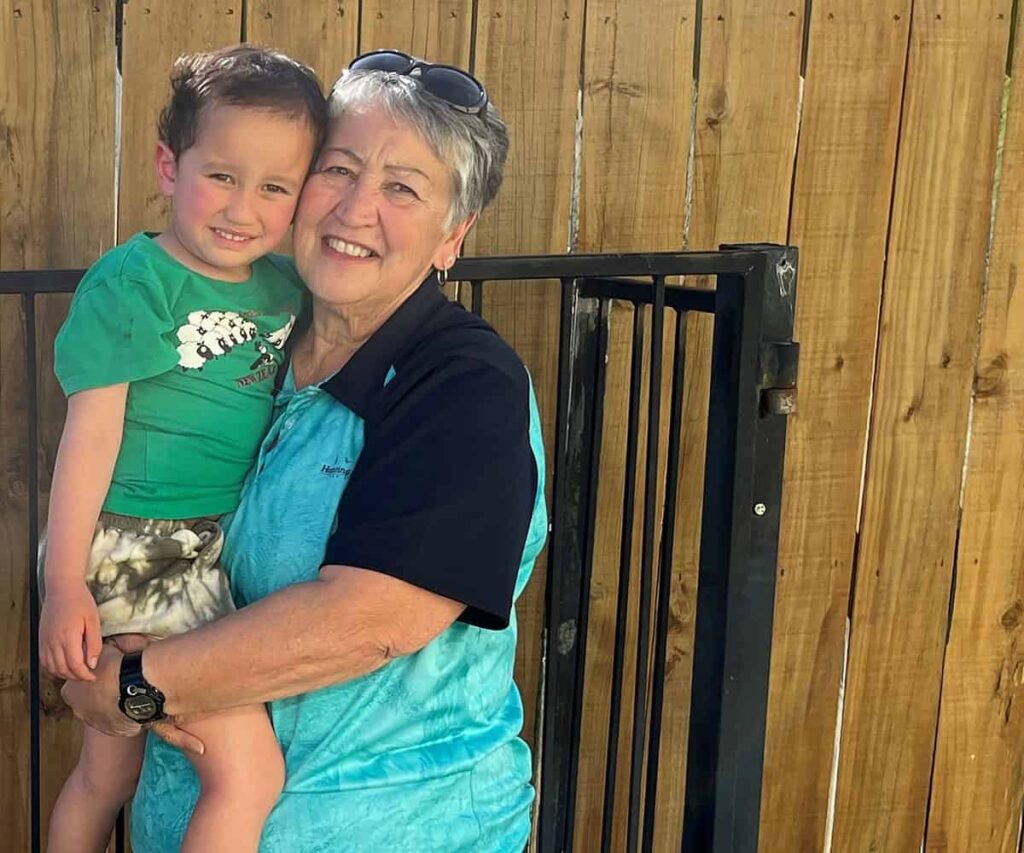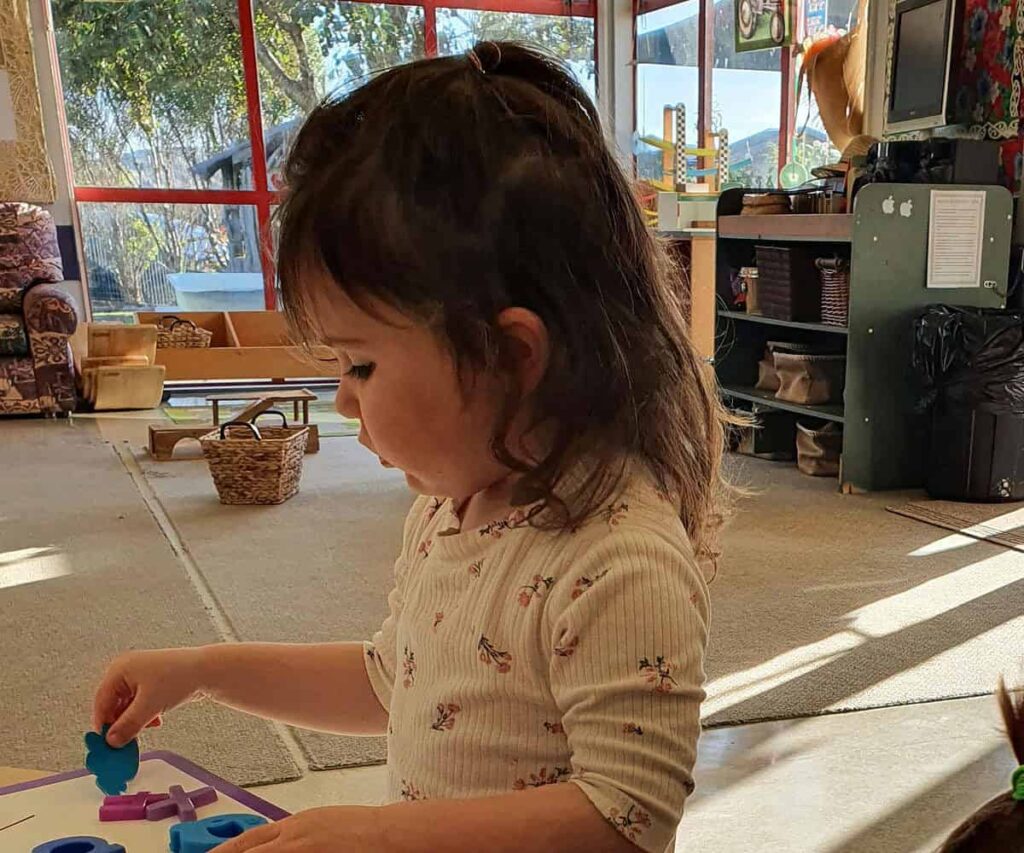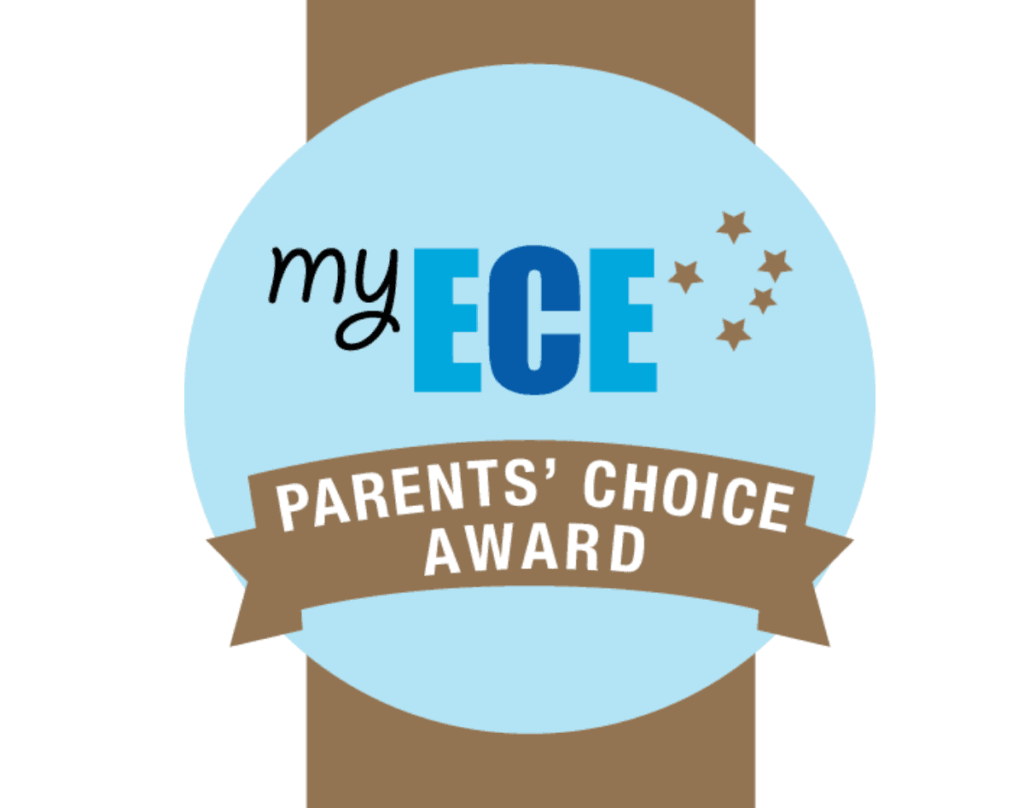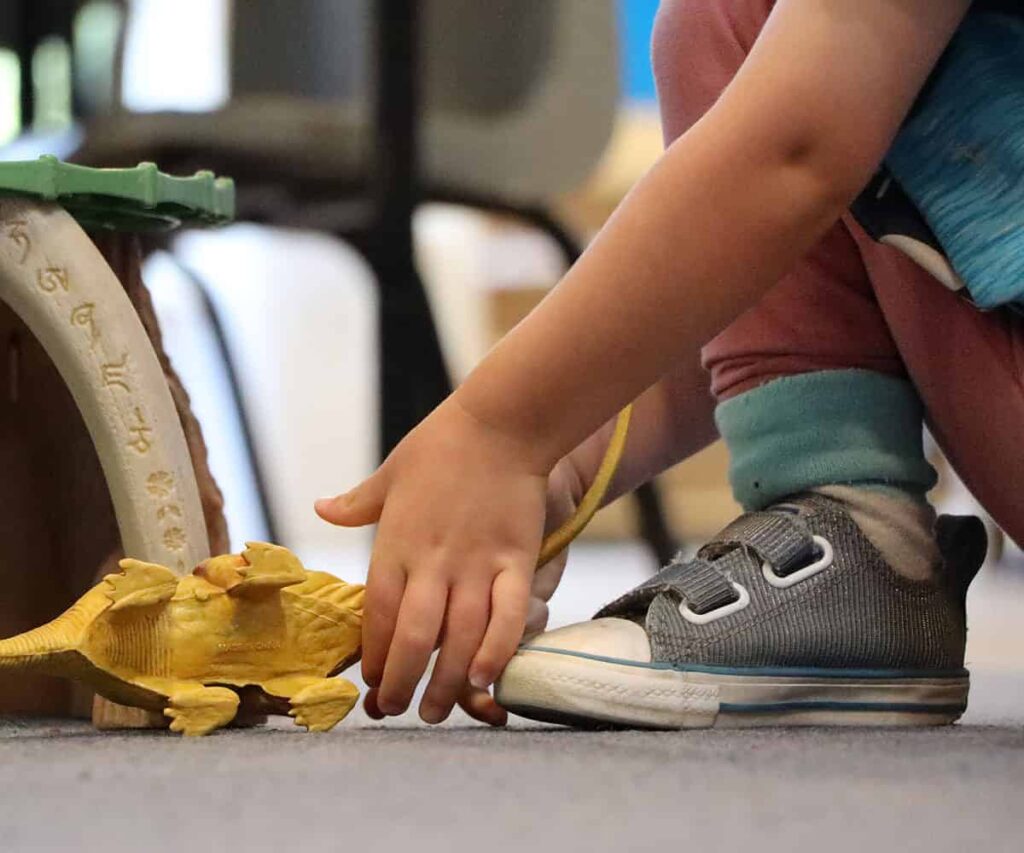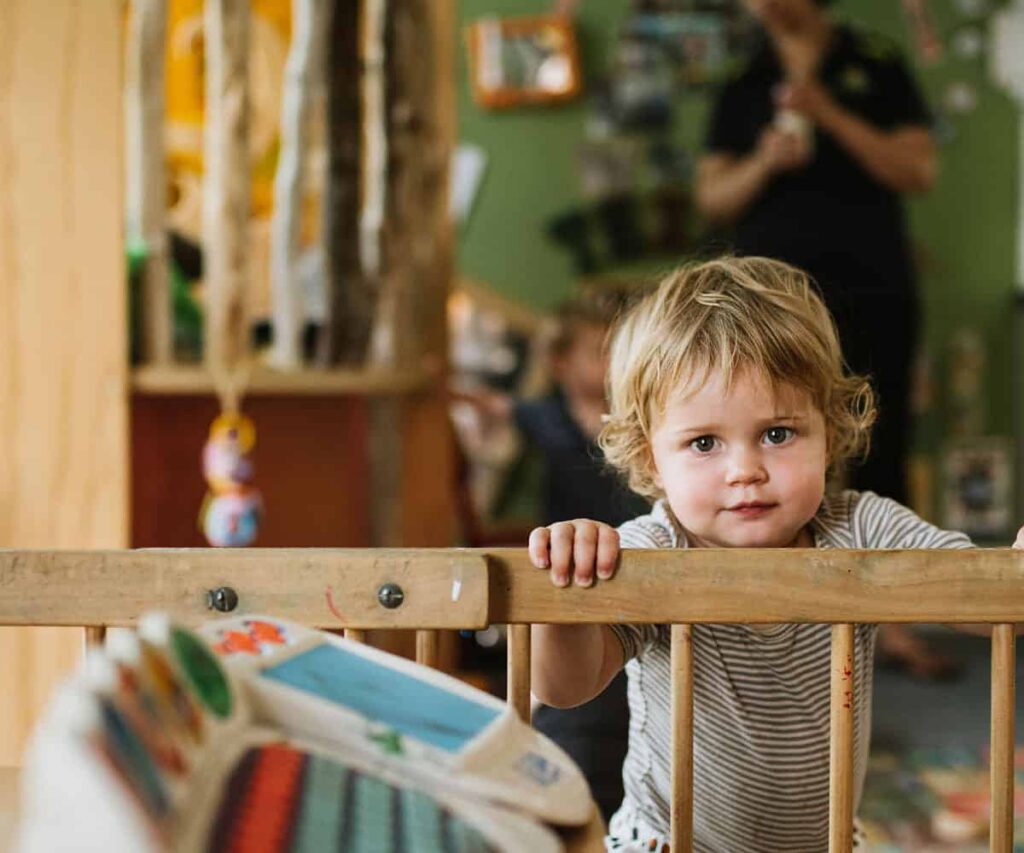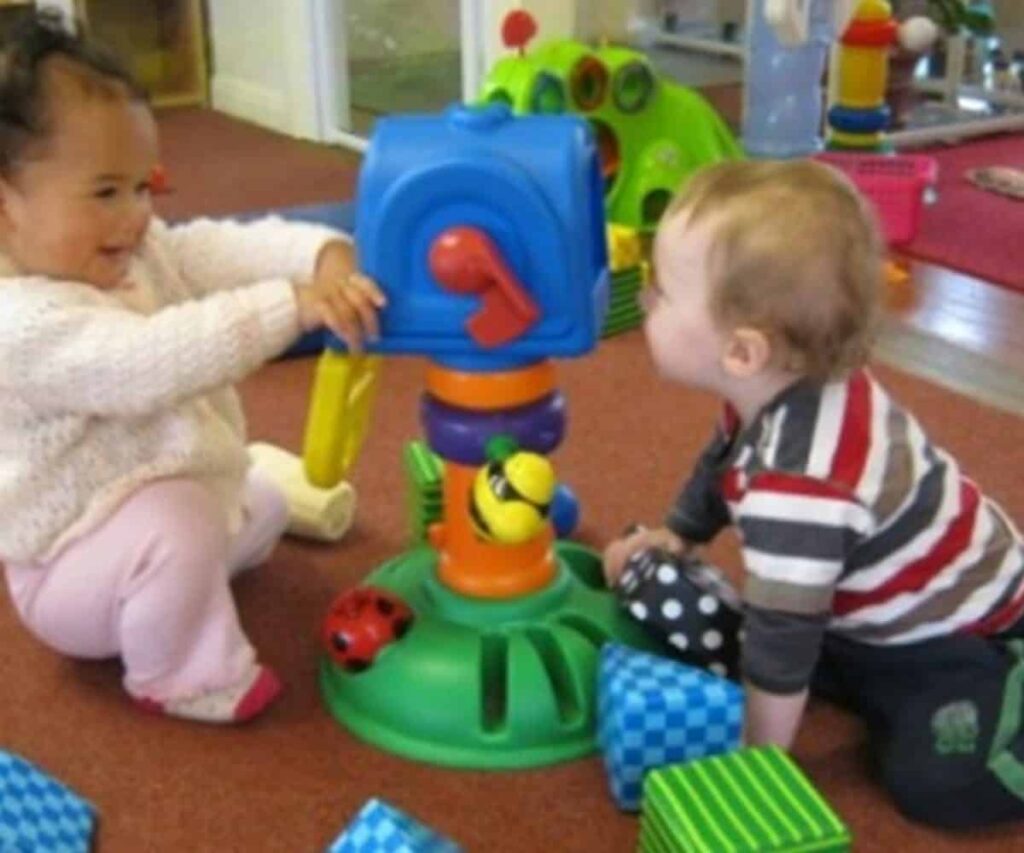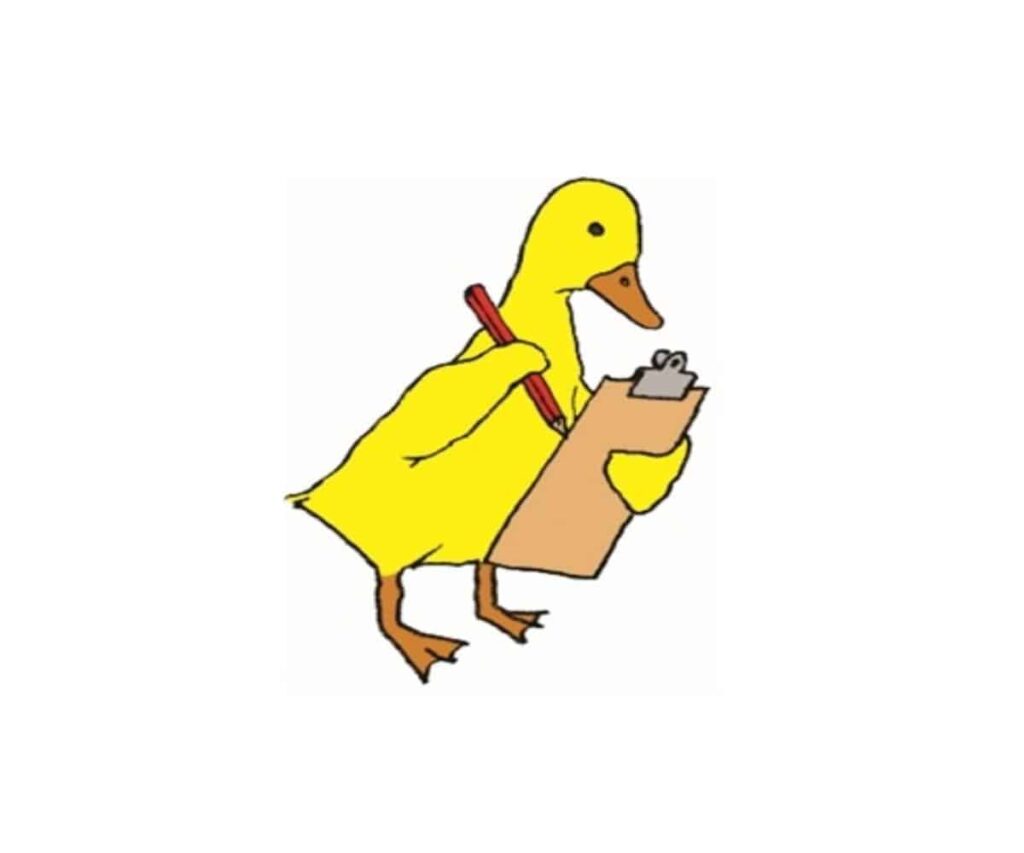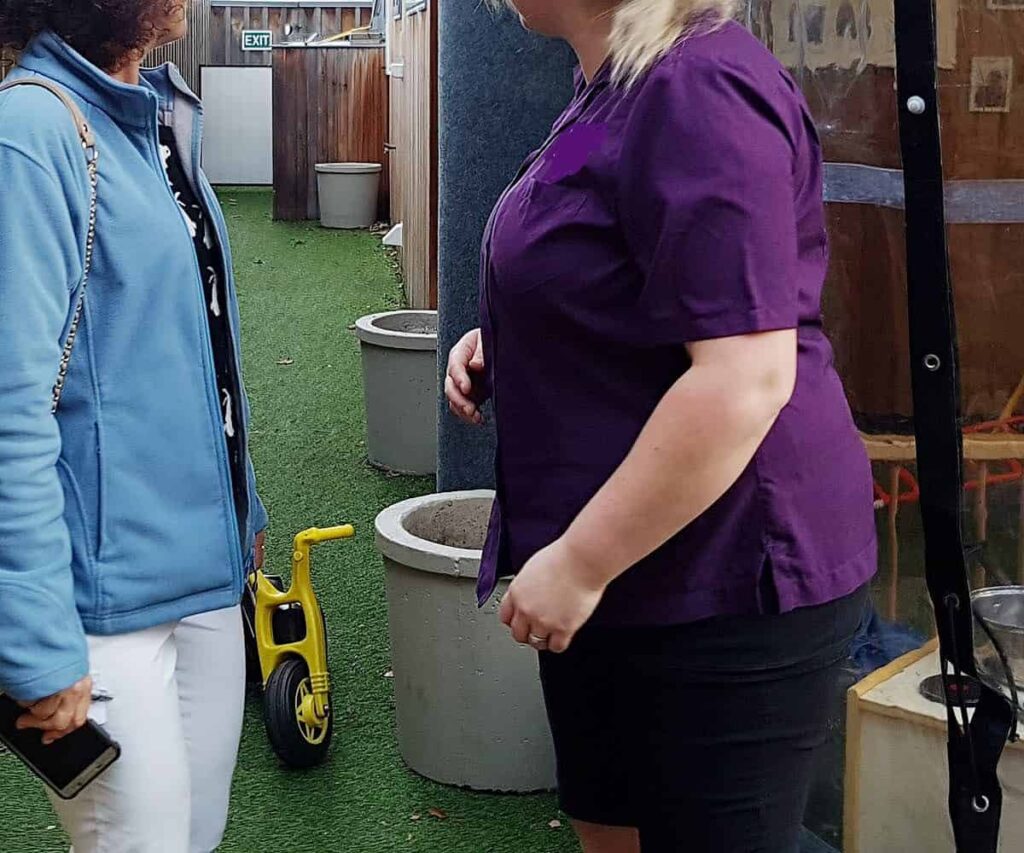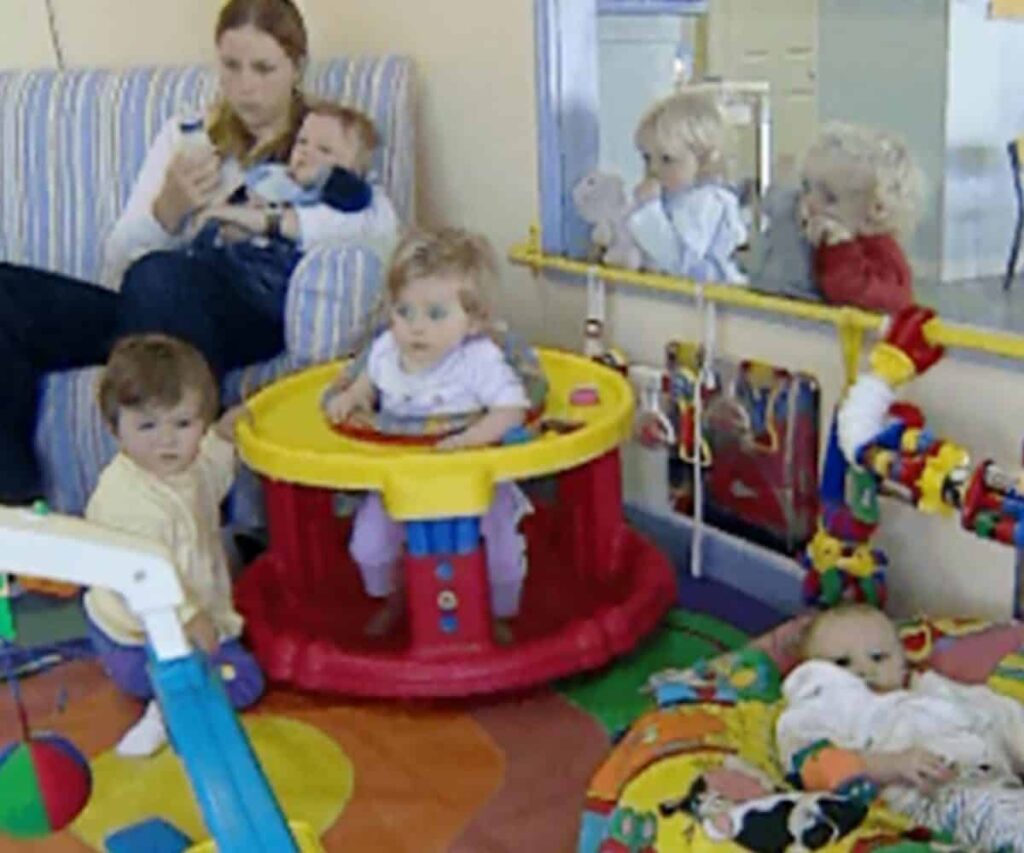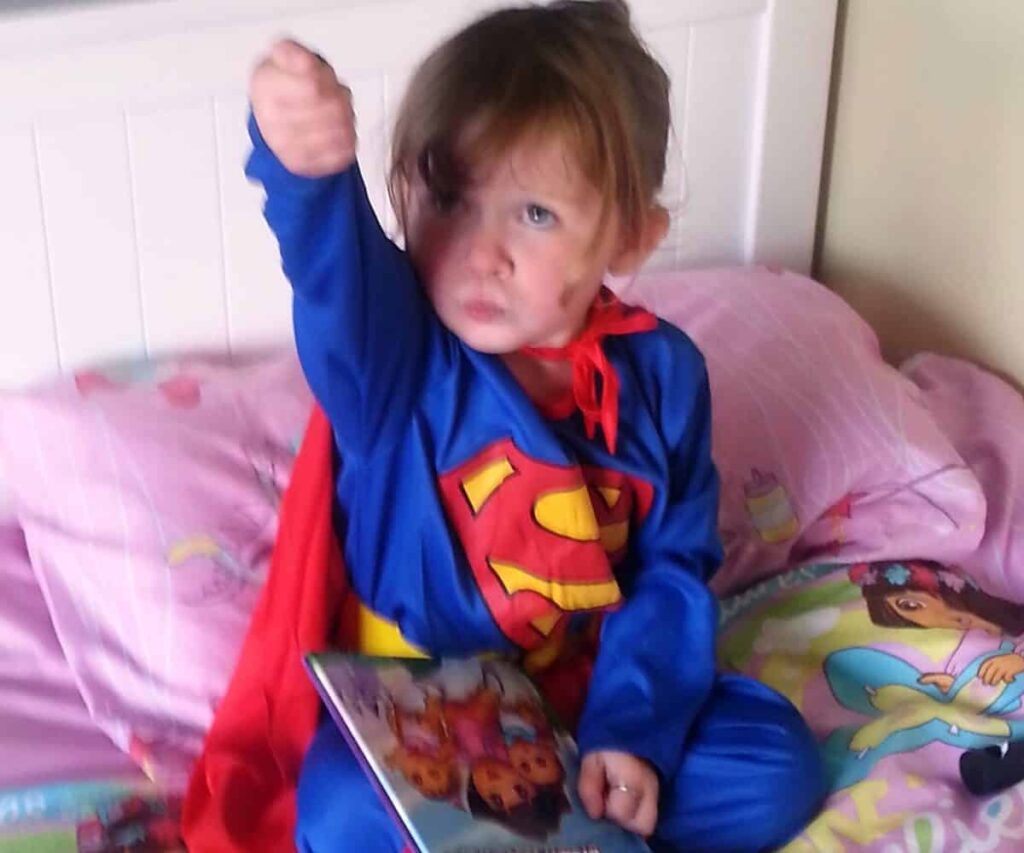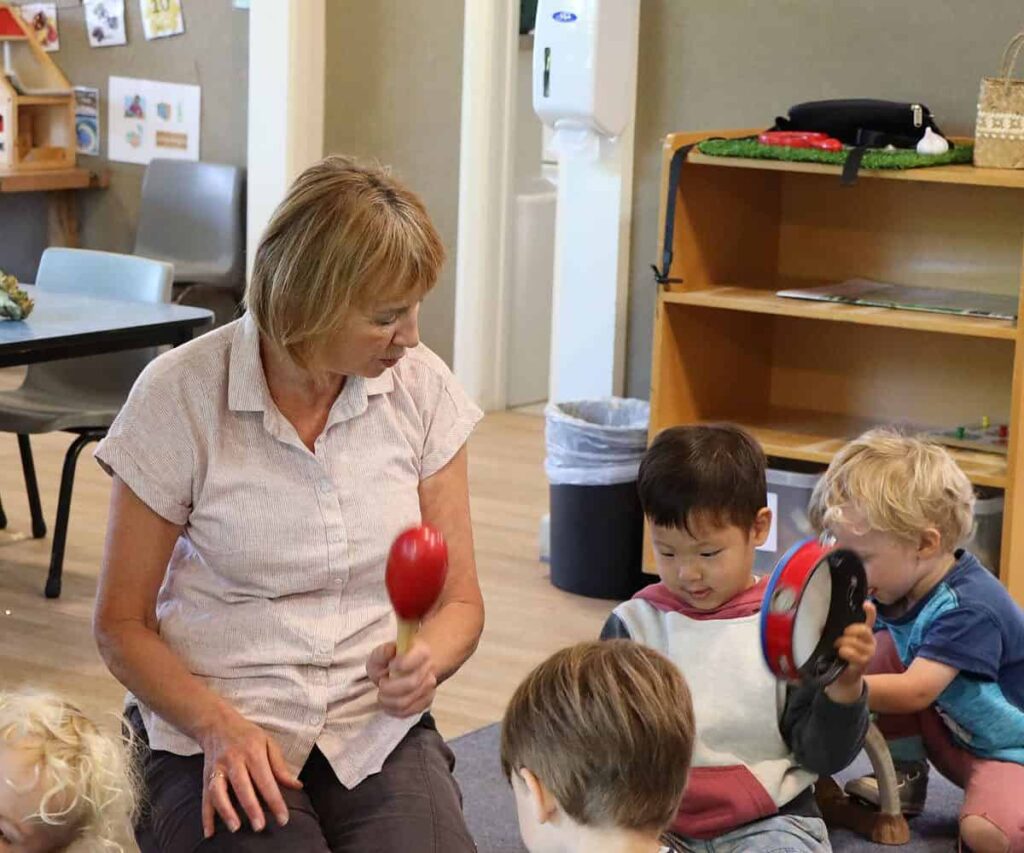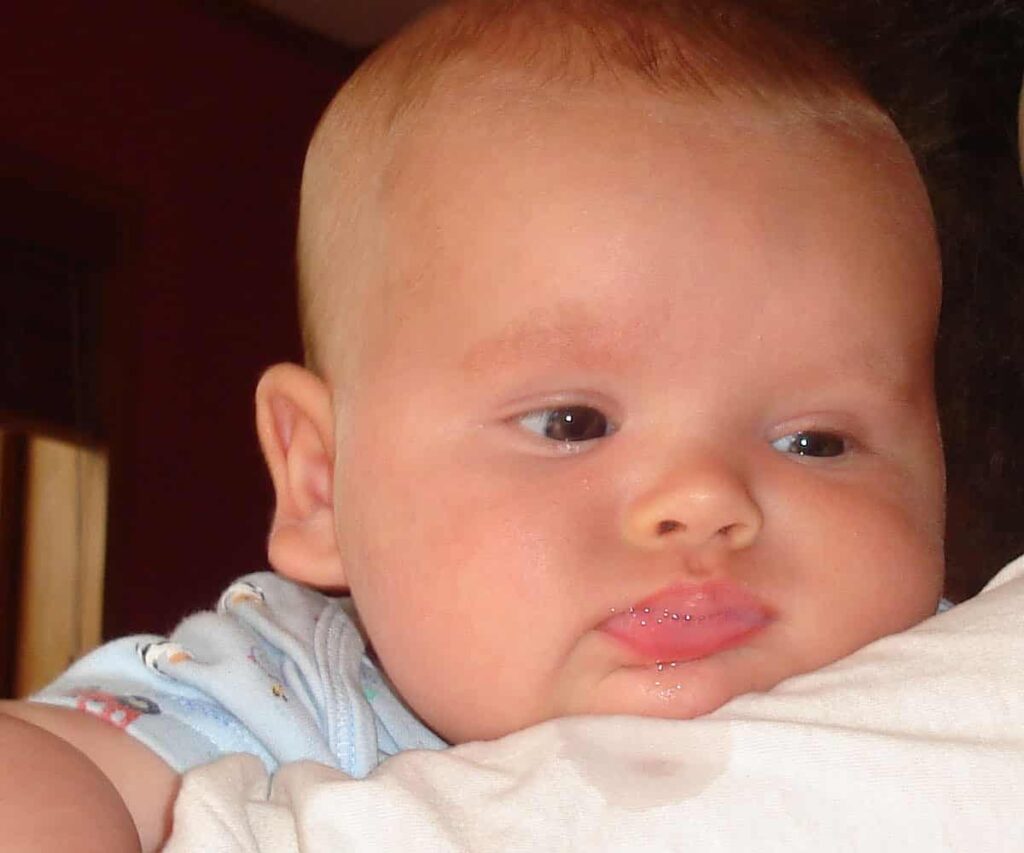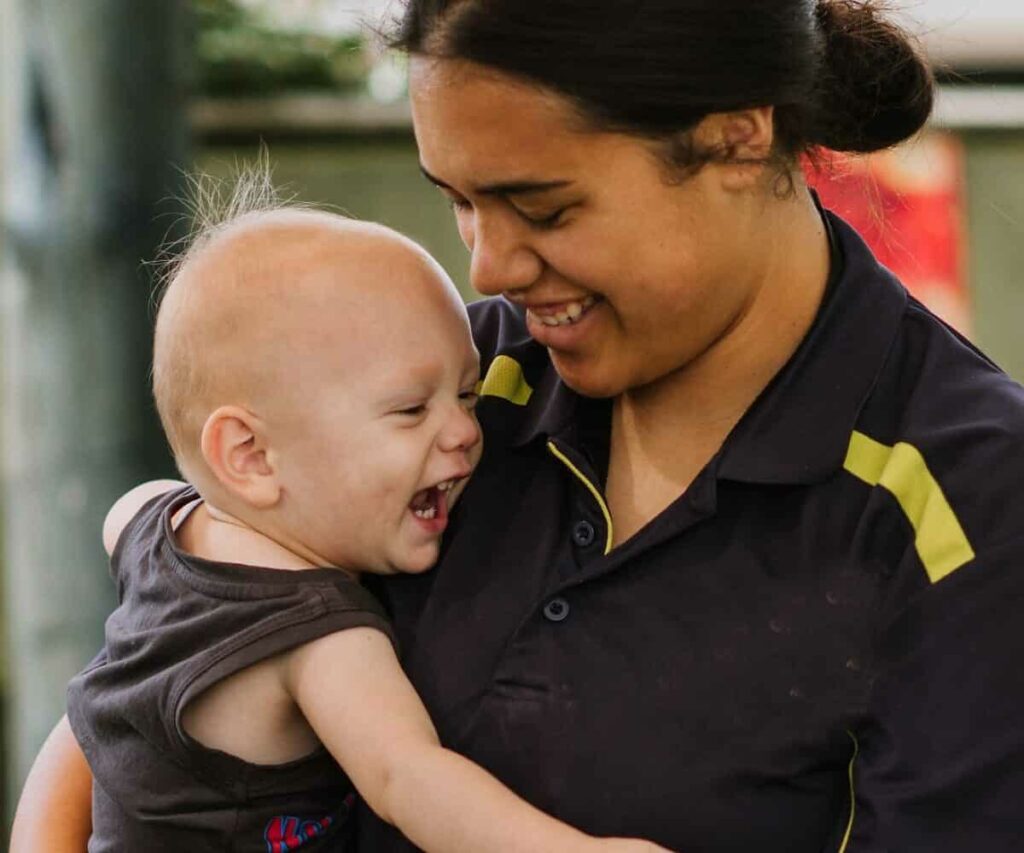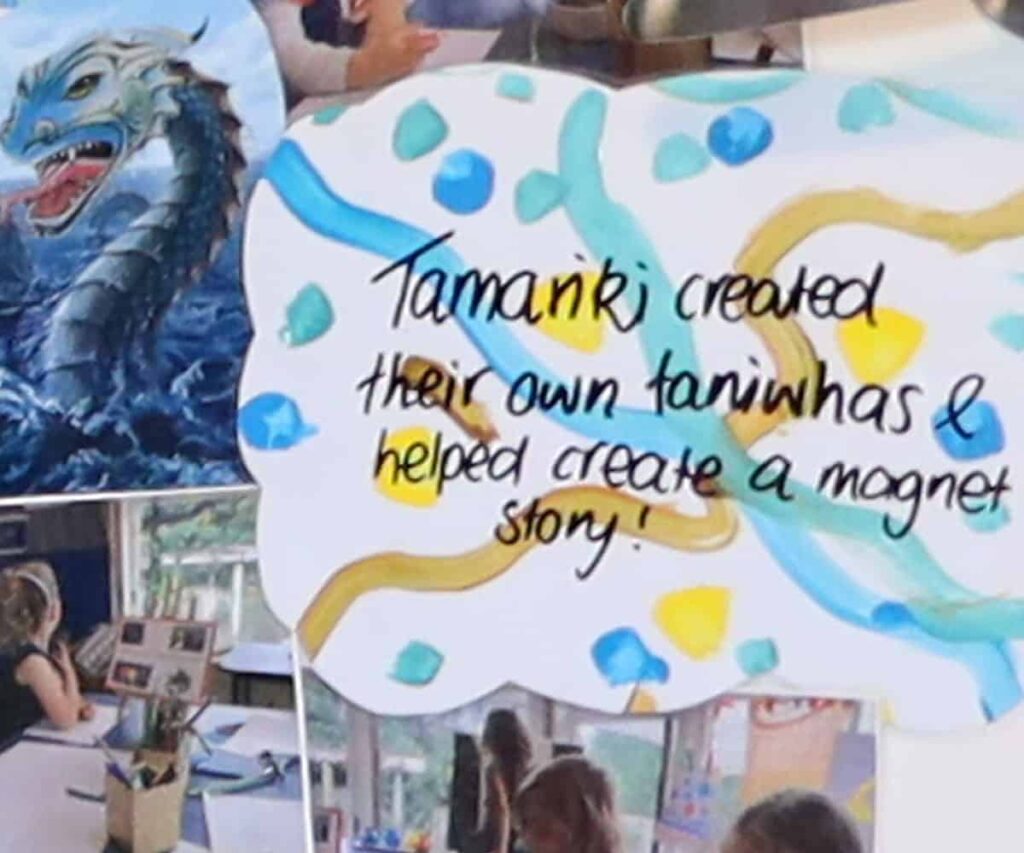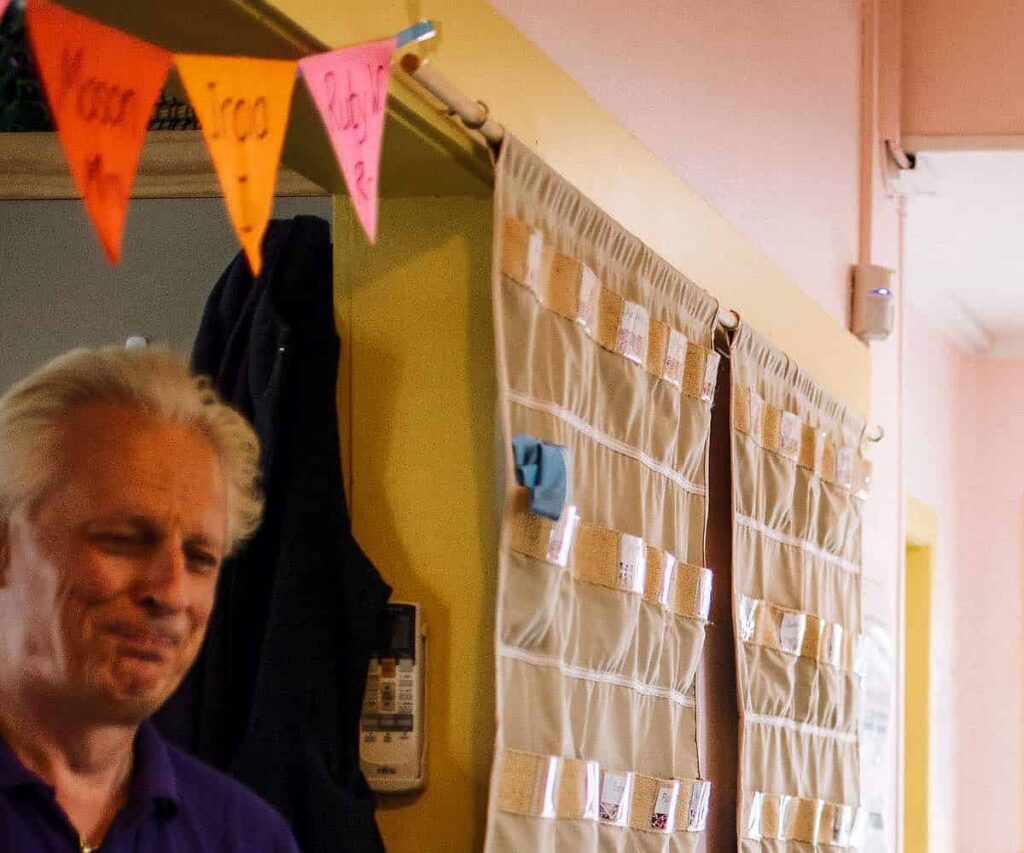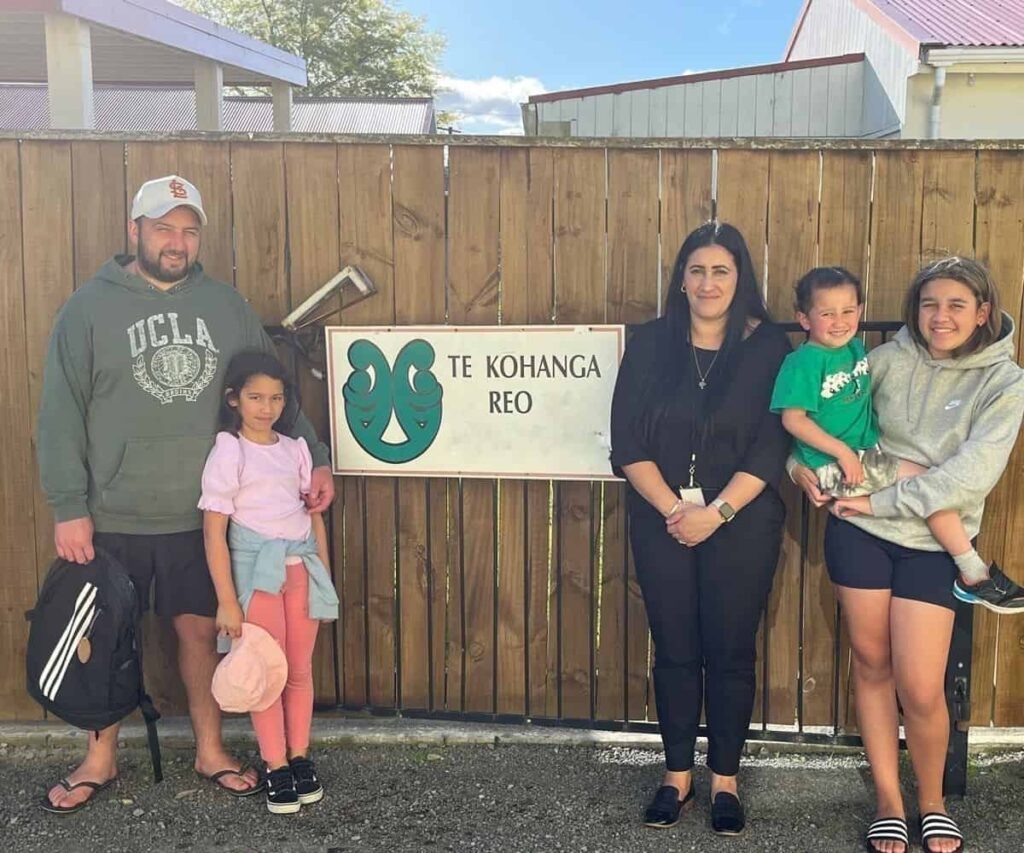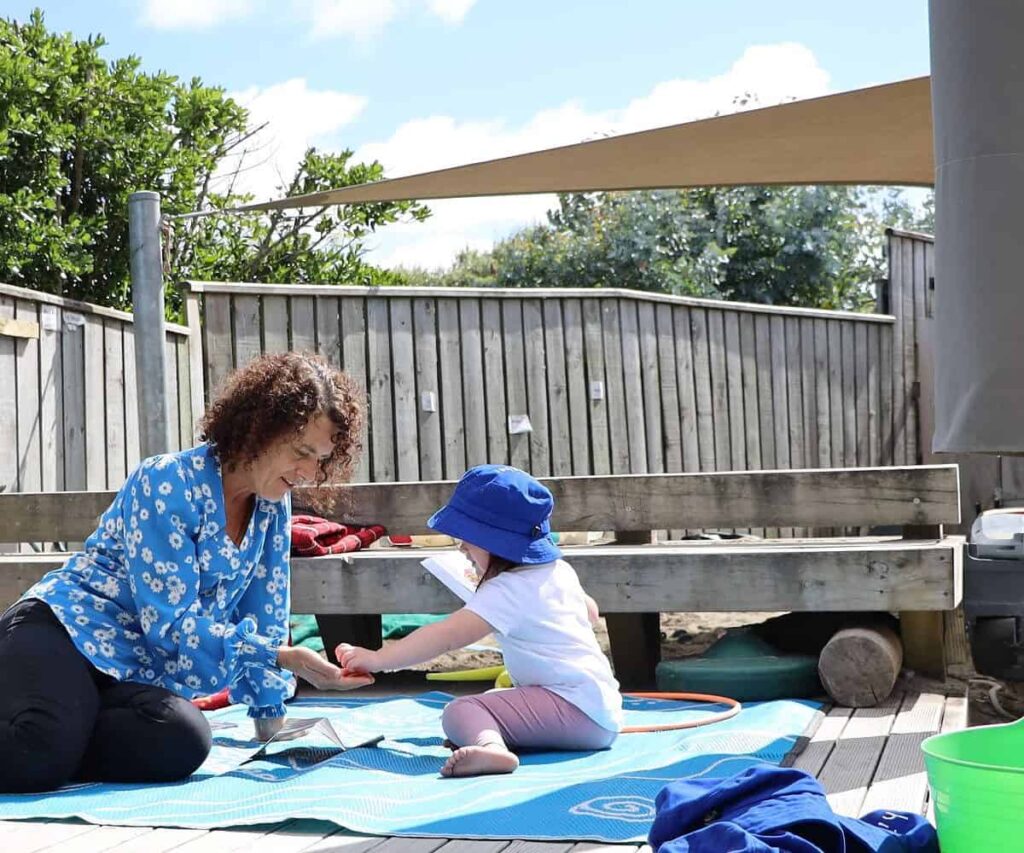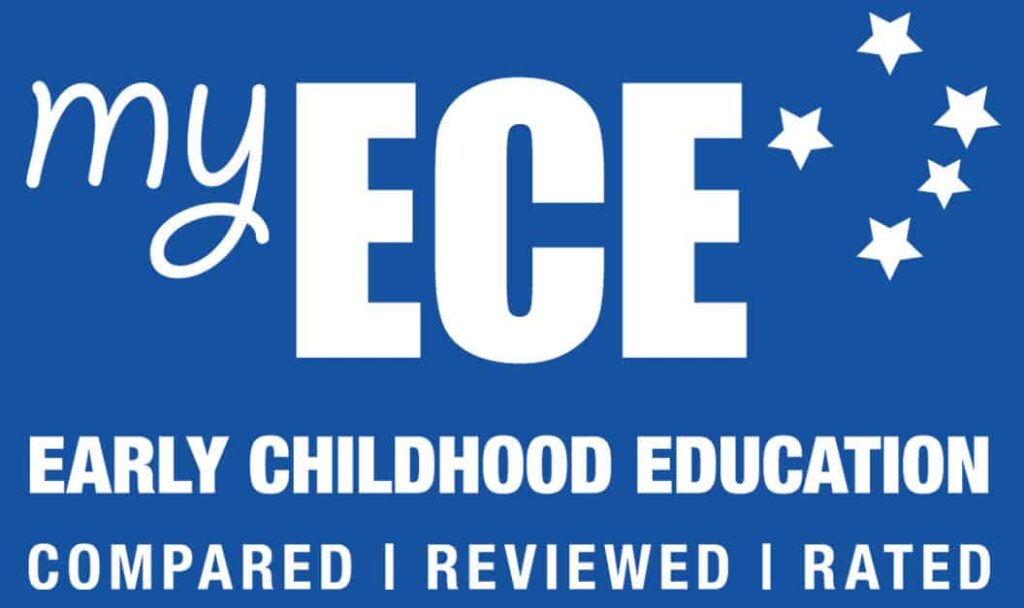The My ECE Guide to Regulations and Licensing Criteria for Early Childhood Education Services brings together the main legal requirements for centres and home-based services that you need to know about. It does not include requirements for hospital-based services as these are few in number and have their own specific requirements.
The minimum legal requirements detailed here are sourced from the requirements of most relevance to parents from the:
- Education (Early Childhood Services) Regulations 2008.
- Ministry of Education Licensing Criteria for ECE Services.
- Education and Training Act 2020.
All services must meet the standards as set out in the regulations and licensing criteria.
ECE services are required to be licensed to care for children and to receive public funding. Services are licenced under the Education (Early Childhood Services) Regulations 2008 and must meet these regulations to hold a full licence. Should a service breach regulation the Ministry of Education can ask a service to make improvements and/or it can use any of its compliance tools:
The Ministry of Education has discretion to tighten, relax, or waive certain requirements in some cases and for individual services. For example, it is likely that a service that is located in a high-rise building will have as a condition of being licensed a requirement to have more adults per number of children – to support quick evacuation at any time in case of an emergency.
However, every licensed service provider is legally required for health and safety to:
- take all reasonable steps to promote the good health and safety of children enrolled in the service; and
- take all reasonable precautions to prevent accidents and the spread of infection among children enrolled in the service; and
- take all reasonable steps to ensure that the premises, facilities, and other equipment on those premises are kept in good repair; and maintained regularly; and used safely and kept free from hazards; and take all reasonable steps to ensure that appropriate procedures are in place to deal with fires, earthquakes, and other emergencies. (Education (Early Childhood Services) Regulations 2008, 46(1)
Regulations and licensing criteria
Click on the title below of what you are interested in
Administration of Medicine, Medicines Permitted, and Parent Written Authority
Adult-Child Ratios: Number of Children and Adults, Age, and Who Counts
Annual Plan, Self-Review, Internal Evaluation, and Philosophy Statement
Assessment of Learning and Reporting Learning to Parents
Behaviour Management, Promoting Social Competence, and Positive Guidance of Children
Child Number, Who Counts as a Child, and Maximum Licence Service Size
Child Protection – Child Abuse, Inappropriate Material, Drugs and Harmful Substances
Collection of Children: Who Can Do Pick-Ups and Age of Person
Complaints Procedure and Complainant Rights
Curriculum Requirements (general)
Curriculum Requirements for Te Kōhanga Reo
Emergency Preparation, Supplies, and Drills
Enrolment and Attendance Records
Excursions and Taking the Children on Trips and Outings
First Aid Kit, First Aid Qualifications, and Incident Management
Human Resource Management Practices and Approaches – HR
Hurt, Sick or Soiled Children – Medical Assistance, Isolation, and Washing Facilities
Infectious Diseases, Isolation, and Sending Home
Licensing, Definition of a Licensed Service, Classes of Licence, and Service Provider Requirements
Ministry of Education Powers of Entry and Inspection
Motor Vehicle Travel – Travelling in a Motor Vehicle
Nappy Changing, Toileting, and Handwashing Requirements
Offence of Insulting, Abusing, or Intimidating Teacher or Staff
Parent Access to Information on their Child, on Service Operation, and Finances
Parent Right of Entry and Who is a Parent
Records Required, How long to Keep Records, and What to Do with These
Room Ventilation, Temperature, Lighting, Facilities, and Storage
Safety Checking and Police Vetting of Teachers, Contractors, and Other Adults
Sleep – Sleep Rooms, Beds and Cots, and Monitoring of Sleeping Children
Space – Amount of Indoor and Outdoor Space, Layout, and Use
Staff Qualifications and Person Responsible Qualifications
Supervision of Children, Supervision of Adults, and Supervision Plan
Written Directives to Remedy Health and Safety Risks
The definition of an early childhood education service
Any premises used regularly for the education or care of 3 or more children (not being the children of the person providing the care) under the age of 6 must apply to the Ministry of Education for a licence to provide the service (there are some exceptions like registered schools and children’s health camps). Licensed early childhood education services must comply with the regulations and licensing criteria to operate and receive government funding.
Licensed early childhood education services have a variety of different operating structures, philosophies and affiliations, and are known by many different names including:
- Kindergarten / Kindy
- Te Kōhanga Reo
- A’oga Amata
- Playcentre
- Childcare
- Preschool
- Day care
- Early learning
- Nursery school
- Crèche
- Rudolf Steiner
- Montessori
- Home-based ECE
- In-home care
- Family daycare
- Hospital-based services / Hospital playrooms
Failing to meet minimum standards
The Ministry of Education needs to know:
- If you are concerned children’s needs are not being met.
- If you are concerned a service is not meeting a minimum legal requirement.
- If you are concerned about hygiene, you can ask the Ministry to request that the service receive a health report.
READ MORE: How to make a complaint and your options.
CAUTION: This page and the information here is provided as part of the My ECE Guide to Regulations and Licensing Criteria for Early Childhood Education Services (The Guide). The Guide does not purport to be a full and accurate interpretation of all statutory provisions relating to early childhood education services. While best efforts have been used in preparing this guide, no representations or warranties of any kind are made and My ECE assumes no liabilities of any kind with respect to the accuracy or completeness of the content. Please note that the Government and Ministry of Education may change, update, or alter any of the requirements at any time. Please help to keep the information on this page up to date by letting us know of changes that need to be made.
Thank you! Kia pai te rā
Reference:
The My ECE Guide to Regulations and Licensing Criteria for Early Childhood Education Services. Prepared by Dr Sarah Alexander and Warwick Marshall.
Last reviewed: 20 November 2022
